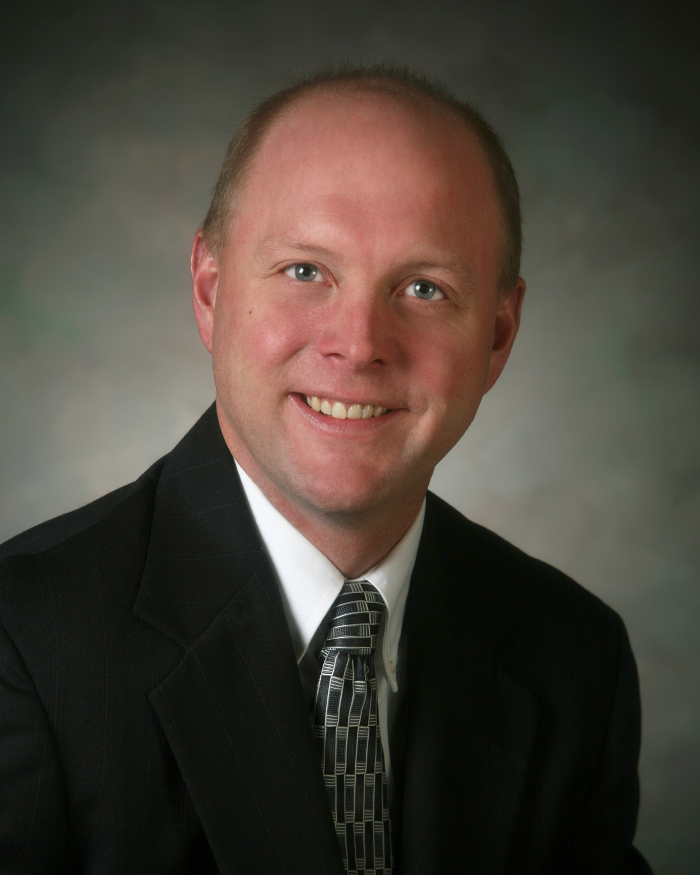During his time as CFO, Mr. Olson has also encountered a number of industry challenges, such as shifting reimbursement levels, and he has developed strategies for overcoming those issues.
Becker’s had the opportunity to catch up with Mr. Olson and get his insight on a number of issues, including what it takes to run a health system’s finance team and strategies for navigating in the shifting reimbursement climate.
Question: What are some of the best practices for running a health system’s finance team?
Tim Olson: I would say our top three include:
1. Forward thinking predictive analytics
2. Thinking beyond finance to help the organization think about all of the key success objectives together. At ThedaCare, this includes Safety, Quality, Customer, People and Financial Stewardship.
3. Understanding the work we produce and the true value it brings to the end user. When we don’t see the value in the product/request, the expectation is that we question the work with the end user to understand the need and value.
Q: What is the greatest challenge facing hospital and health system CFOs today?
TO: We see our greatest challenge as managing our expenses within the constraints of lower revenue growth and reimbursement squeezes to ensure we sustain the operating margin required to allow us to reinvest in our business and strategy.
Q: In the last year, what has been your greatest accomplishment as CFO?
TO: In the last year we built out our processes around “business intelligence.” Several years ago we eliminated our budget. Our next target, as we build on this work, is to eliminate some or all of the 12 monthly closes. In order to do this we created a process where weekly we are working with operations to predict the current business trends. This is reported up through the organization to give leaders the early warning signs of issues and concerns ahead of getting the monthly financials. Once we are comfortable with our ability to do this, we will evaluate the need to close the books monthly. Our belief is that the month end close should simply tell you everything you should already know!
Q: How is ThedaCare navigating in the shifting reimbursement climate?
TO: I think there are two components to this:
On the actual reimbursement side, we have experimented with the CMS Pioneer program and were successful in the first two years. This allowed us to understand how to manage in a non-fee for service environment and was a good experience for us. In addition, we’ve started to move portions of our contracts to be risk based with the goal of having roughly 50 percent fee for service and 50 percent risk based over the next several years.
On the managing expenses to the changing environment side, we continue to have discussions to ensure we are managing our expenses in line with both our volume changes as well as the changing reimbursement levels. This is gets back to my comments above around business intelligence and being nimble enough and knowledgeable enough to make timely business decisions. We believe we are well positioned at ThedaCare as we are armed with the LEAN tools and embedded methodologies to help us lead in a more turbulent environment.
